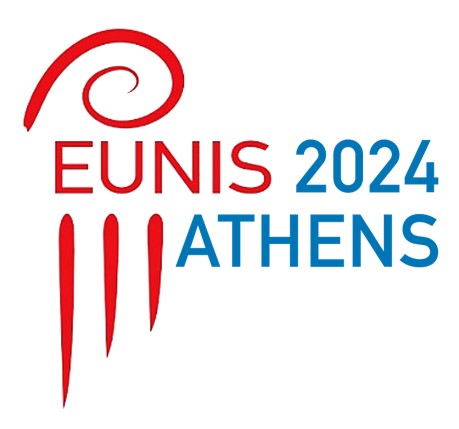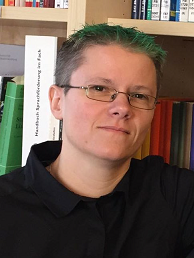This session consists of a roundtable discussion.
Featured Speaker
Andrea Beyer, Humboldt-Universität zu Berlin, Germany:
Can Jupyter help Daidalos? Or: How to develop digital literacies and assess them? #56
The Daidalos project is developing an infrastructure that will enable researchers in Classical Philology and related disciplines to apply various methods of natural language processing to research corpora they have built themselves. While working closely with Classical Philologists to understand their needs in terms of functionality and design of the infrastructure, we have – not unexpectedly – encountered the biggest challenge to the success of our project: How can potential users develop research questions and investigate them using Daidalos if their research expertise does not include the necessary digital skills? Or the other way round: How can we assess the level of competence of our users in order to provide them with useful and possibly personalised support?
We therefore decided to address this challenge by firstly developing a domain-specific and case-sensitive competency model of digital literacies (i. e. information, data and AI literacy) and secondly by providing curated learning materials in the form of Jupyter Notebooks, among other things. These Jupyter Notebooks are widely used in teaching and assessment because they are said to provide low-threshold access to programming through their function as interactive worksheets. Although they are unknown in our own community, we wanted to offer them as a way to improve one’s digital literacies. But when implementing the first Jupyter Notebook, we encountered a familiar problem: how granular should the content be prepared and explained? Or to put it more generally: Are Jupyter Notebooks really as accessible as they claim to be?
After an introduction to the project, the concept of digital literacies used, and an example of a Jupyter Notebook prepared for different proficiency levels, we will discuss how researchers can be motivated to improve their domain-specific digital literacies in order to enhance their overall research and teaching expertise.
Download the presentation

